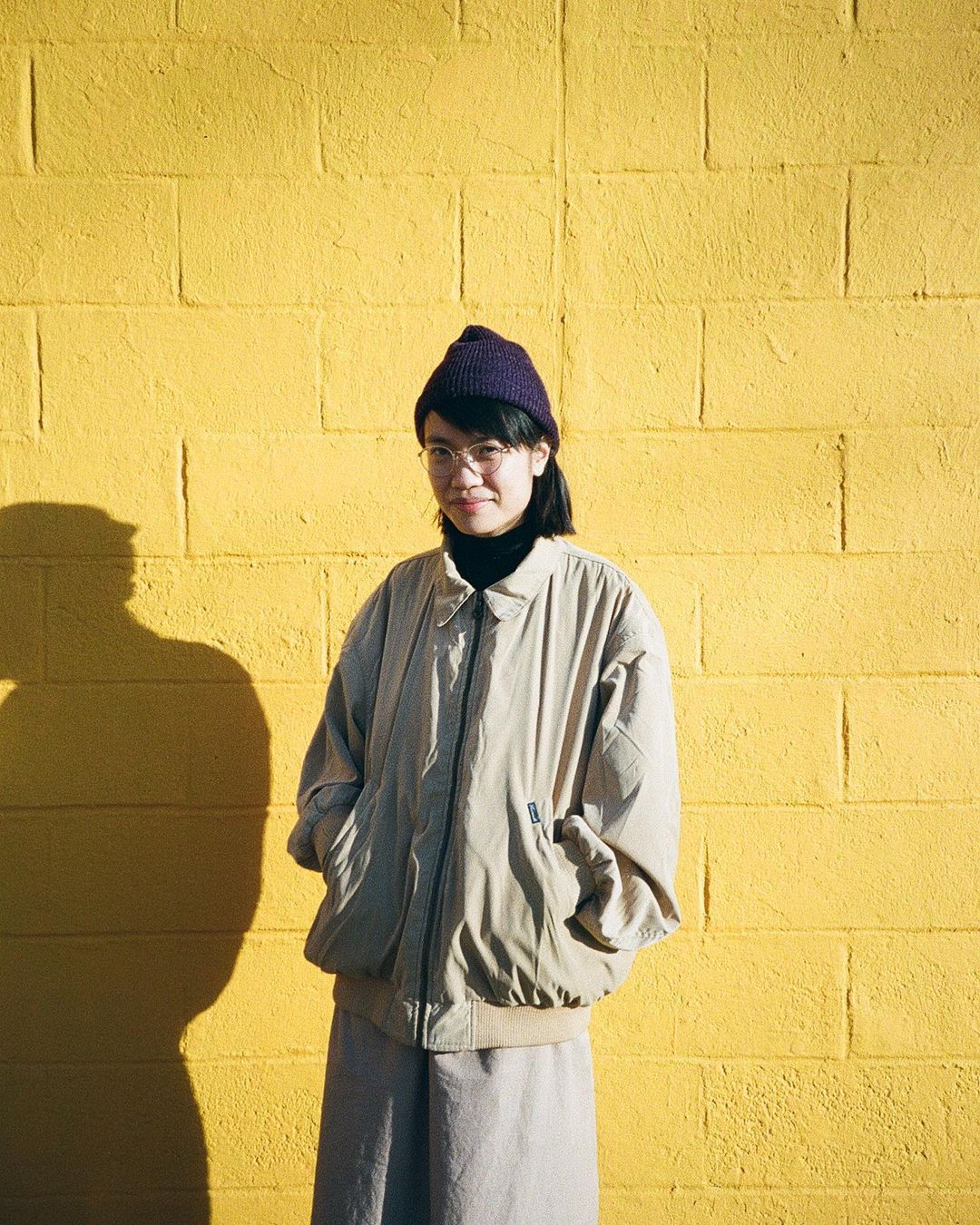Emile Mosseri on Prioritizing Closeness in 'Heaven Hunters'
By Jane Lai
Tuesday, September 19, 2023
If there’s something Emile Mosseri does well, it’s that his music engages with fleeting moments of an ordinary day. Imagine a passing interaction. A jogger presses a scent into the shared air when they run past you. Or old perfume lingers on a sweater at the bottom of your drawer. It's been so long. But then it passes again.
The 38-year-old carries plenty of accolades under his belt. He composed the score for Minari (2020) which received a nomination for Best Original Score at the Academy Awards, The Last Black Man in San Francisco (2019), and Jesse Eisenberg’s film When You Finish Saving the World, among others. He’s also worked with artists like musician Angel Olsen, composer Kaitlyn Aurelia Smith, and harpist Mary Lattimore.
His latest solo album, Heaven Hunters, takes a personal turn. Heaven Hunters is a riveting examination of vulnerability through Mosseri’s musicianship as a film composer and a catapult of the 2010s indie rock scene. Now based in Los Angeles, Mosseri scores films and is a new parent with his wife Allie. “It’s a different energy,” he recalled, positively. “I have more experience as a composer and working with different artists and moving to California and meeting all these people and being inspired by them is a resource, too.”
The couple met when they were both 15 years old. They grew up together and were on-and-off for years, whirlpooling through decades of change. “When you’re with somebody that long, you’re with different people. You’re both changing,” he said. “You’re in multiple relationships with the same person.” Allie works primarily as an illustrator and writes on the piano. She co-wrote piano for “Blue Pieces,” a song featured in Eisenberg’s film.
Mosseri valued her opinion for as long as he could remember. As a teen, Allie turned him onto Pulp, Velvet Underground, and Elliott Smith. It was a reminder of how early musical connections cement indelible impacts on relationships with yourself and the people around you. There’s something overwhelmingly visceral about being young and listening to the best thing you’ve ever heard. That’s largely because of its novelty. “She’s constantly listening and weighing in,” Mosseri told me. “She’s the most honest; that makes her the best listener.” It’s a beautiful thing no one will truly understand except the two.

Naturally, when recording the album, closeness was prioritized, and remembering to do so meant carving as much space as possible. Bobby Krlic produced the record and pushed Mosseri to explore each expansive moment, providing and widening when needed. For instance, vocal-heavy songs like “My Greedy Heart” and “Two Heaven Hunters” contrast the floating, instrumentally heavier pieces such as “Heaven Hunters” and “Rosewater,” the album’s opener and closer. These songs carry equilibrium and a consolation that the album leaves the door and comes home full circle.
“There’s an emphasis on dry vocals, which is a reaction to being a composer. [In film scoring], you’re writing music in support of someone else, where the focal point is the storytelling. You’re one step removed from being seen,” Mosseri told me. To him, it was important to stray away from an ambiance or etherealness film scores usually have, and this was particularly so when it came to voice. “I wanted you to feel it in your ear,” he said. Voice and word are perhaps the most intimate pieces of art you can share. It comes from you—it should be as natural as drinking water. And in some way, the listener should feel a version of that umbilical connection.
Mosseri agrees that every show happens once and never again. It’s like when an eager antique store employee persuades you to buy something you’re on the fence about. Without much convincing, Mosseri’s performance coupled with a mini-orchestra will capture this reassurance. With Heaven Hunters, I hope to be provoked with a variety of surprising details both new and old, lending itself to a starry-eyed newness. It’s like seeing a band as a teenager, when that music only existed in your mind, or your childhood bedroom radio, or through old earbuds as imaginations.
Mosseri debuts Heaven Hunters at National Sawdust on September 29th and 30th.
About Jane Lai

Jane is pianist, songwriter, instrumentalist, and collaborator based in Brooklyn, NY.